detail profile charlotte schultz
Peran Yang Di Mainkan Charlotte Schultz
 ls a young woman from Sweden...
ls a young woman from Sweden...The Great Sacrifice 1944
Äls, a young woman from Sweden living in Hamburg in the summer months attracts a newly married explorer, Albrecht Froben who has just returned to his native city. But although Äls seems to be 'life itself', she suffers from a tropical disease which is slowly killing her. Froben is torn between Äls and his wife Octavia, who he seen as a kind of 'heavenly' counterpart to the earthy and beguiling Äls.
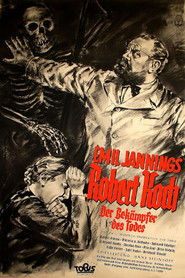 Country Dr Robert Koch is desperate...
Country Dr Robert Koch is desperate...Robert Koch, der Bekämpfer des Todes 1939
Country Dr. Robert Koch is desperate: a tuberculosis epidemic is decimating the children in his district and no one is able to do anything about it. Every fourth child is already sick and the parents must helplessly watch as their young ones die. Now Koch is undertaking to find the cause of the tuberculosis --- something he has already been working on for years --- which has been causing this plague of illness. His work is made more difficult by envy; for example, that of his teacher, who was wounded defending his honor. But his greatest obstacle is the famous Berliner scientist and Reichstag deputy, Privy Councilor Rudolf Virchow: He is extraordinarily skeptical of Koch's theory, that the cause for tuberculosis is a bacteria.
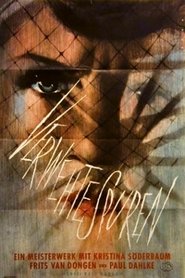 Sraphine and her mother arrive in...
Sraphine and her mother arrive in...Covered Tracks 1938
Séraphine and her mother arrive in Paris to visit the 1867 World Exhibition. In an overcrowded city they must be accommodated in separate hotels. During the night the mother, who wasn't feeling very well, gets suddenly worse. When next morning Séraphine goes to meet her every trace of her presence has disappeared and everybody denies having ever met her. The bewildered young woman must find someone who believes her. Previous version of So Long at the Fair (1950).

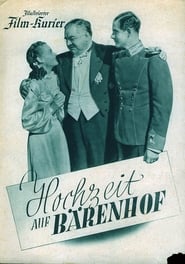
 Nazi historical drama about Duke Karl...
Nazi historical drama about Duke Karl...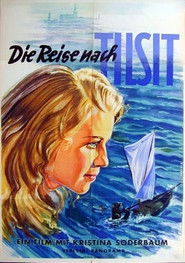 A villager is tempted by a...
A villager is tempted by a...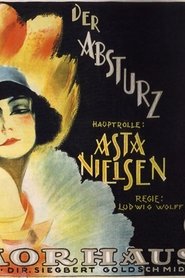 Variety star Kaja falls in love...
Variety star Kaja falls in love...
 A Dutch envoy falls for the...
A Dutch envoy falls for the...